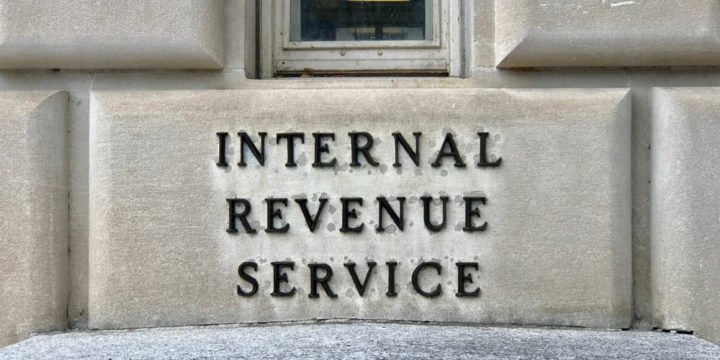
Demystifying the Form 5471 Part 6. Schedule O
By Anthony Diosdi Schedule O is used to report the organization or reorganization of a foreign corporation and the acquisition or disposition of its stock. This is the sixth of a series of articles designed to provide a basic overview of the Internal Revenue Service (“IRS”) Form 5471. This article is designed to supplement the IRS’ instructions to Schedule O of IRS Form 5471. Who Must Complete Schedule OFive different categories of filers of Form 5471 have been defined by the Income Tax Regulations. They are as follows:Category 1 FilerCategory 1 (previously reserved) is now used by U.S. shareholders of a Specified Foreign Corporation (“SFC”) that is subject to the provisions of Internal Revenue Code Section 965. Category 2 FilerCategory 2 filers are U.S. persons who are officers or directors…








